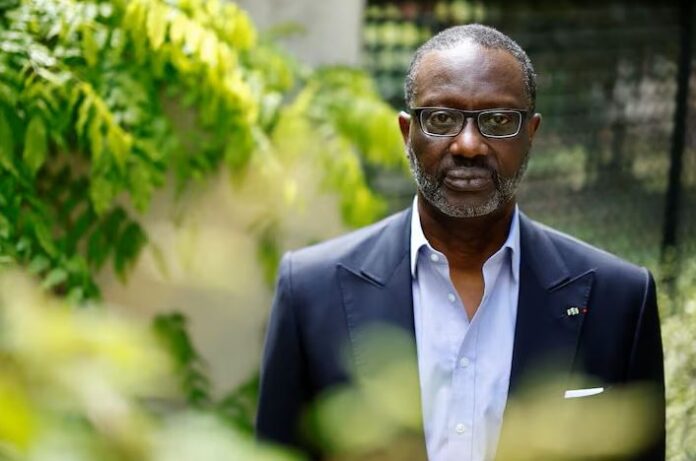Abidjan, April 24, 2025 – Ivory Coast’s electoral authorities have disqualified opposition leader Tidjane Thiam from the upcoming presidential election, citing a decades-old law that bars candidates with past foreign citizenship. The move, seen as a strategic blow to the opposition, has ignited fierce controversy, with Thiam vowing to fight back against what he calls a government-orchestrated smear.
The decision hinges on a 1960 law prohibiting candidates who have held citizenship of another country. Thiam, the former CEO of Credit Suisse and a prominent Ivorian business figure, previously held French citizenship, which he renounced years ago. Electoral officials argue this disqualifies him, but Thiam and his supporters cry foul, accusing the government of weaponizing obscure legalities to sideline a formidable challenger.
Also Read: From Military Leaks to Family Fallout: Pete Hegseth’s Crisis Deepens
Thiam’s Defiant Response
Speaking to supporters, Thiam, a leading figure in the opposition Democratic Party of Ivory Coast (PDCI), denounced the ruling as a desperate tactic by a government “playing scared.”
“I’m a business person, not a warrior,” Thiam said. “I’ve been asking for reconciliation and peace—it’s only met with aggression, vitriol, toxicity. But I intend to stick to the course and try to take the country in a different direction.”
Thiam’s party has refused to name a replacement candidate, signaling a high-stakes strategy to pressure authorities into reversing the decision. The PDCI plans to rally public support and challenge the ruling through legal and political means, betting that sustained outrage will force a reckoning.
A Threat to Ouattara’s Grip
The disqualification comes at a pivotal moment, with President Alassane Ouattara yet to confirm whether he will seek another term. Thiam, with his global business credentials and broad appeal, was widely seen as Ouattara’s most serious rival. Analysts say the government’s move reflects fears that Thiam could galvanize voters frustrated with economic challenges and political stagnation.
Political Drama Unfolds
The exclusion of Thiam adds fuel to Ivory Coast’s already tense political climate. The country has a history of electoral disputes, and this latest saga risks deepening divisions. Thiam’s call for “reconciliation and peace” contrasts sharply with the government’s hardline stance, setting the stage for a contentious battle as the election approaches.
As Thiam and his allies mobilize, all eyes are on whether public pressure or legal challenges will overturn the ban—or if the government will double down, reshaping the race in its favor. For now, one thing is clear: Thiam isn’t backing down, and Ivory Coast’s political showdown is just getting started.



